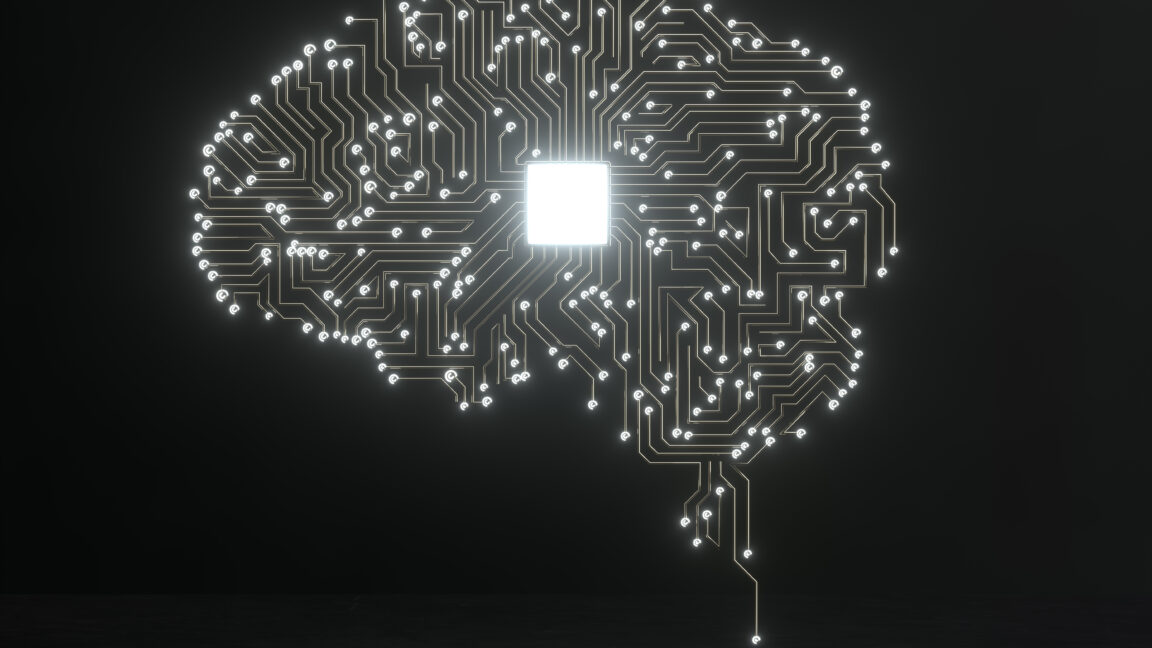The Pursuit of Artificial General Intelligence

- AGI refers to a type of AI that can perform any intellectual task that a human can
- Researchers are hesitant to define AGI due to its complexity and ambiguity
- Current AI systems lack robustness, stability, and coherence in their abilities
- Generalizability is a key challenge in achieving AGI
- Current AI systems have limited memory and inability to deploy skills to different contexts
Introduction to Artificial General Intelligence
Artificial general intelligence (AGI) refers to a type of AI that can perform any intellectual task that a human can. However, most predictions about AGI come from people with a commercial interest in AI, and researchers are hesitant to define AGI.
Ariel Goldstein, a researcher at Hebrew University of Jerusalem, notes that AGI would be more robust, stable, and coherent in its abilities. Neuroscientist Christa Baker of NC State University emphasizes the importance of generalizability, allowing AI systems to apply learned skills to new circumstances.
Limitations of Current AI Systems
Mariano Schain, a Google engineer, highlights the limitations of current AI systems, including the lack of long-term and task-specific memory, as well as the inability to deploy skills developed in one task to different contexts.
Baker also notes that there is a bias towards privileging human-like behaviors, such as the human-sounding responses generated by large language models. She studies fruit flies, which can integrate multiple types of sensory information, control four sets of limbs, navigate complex environments, and satisfy their own energy needs, all with brains containing under 150,000 neurons.